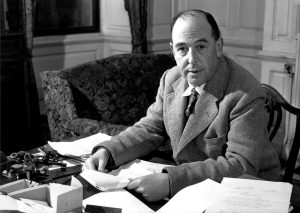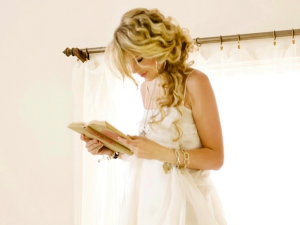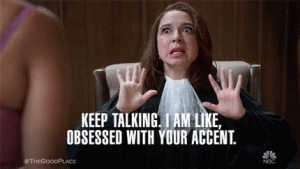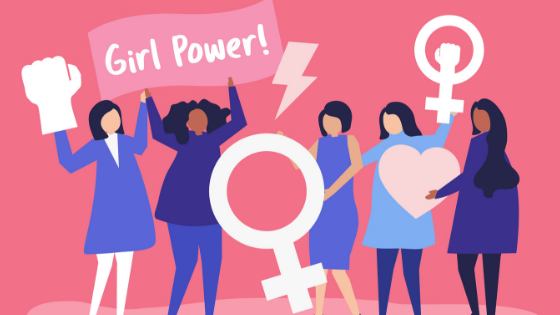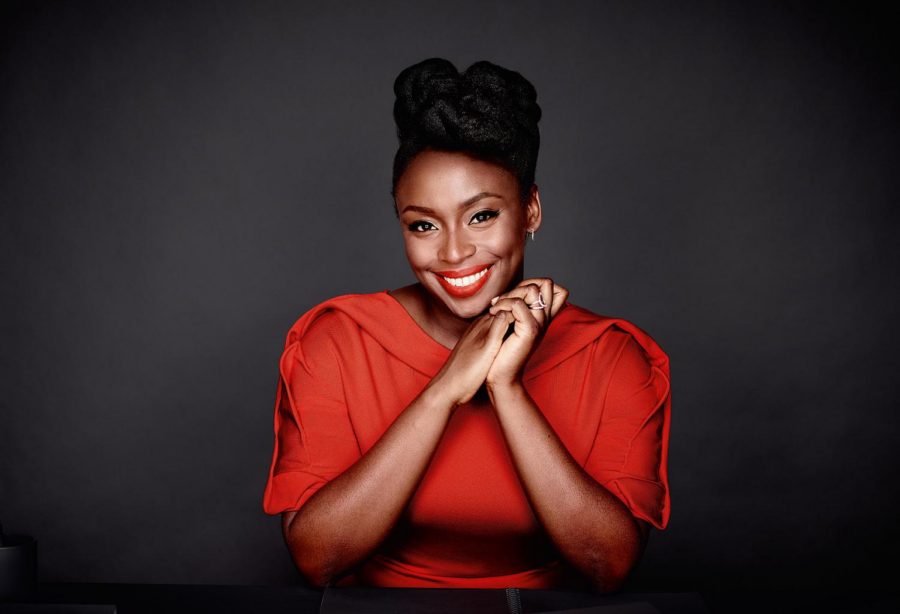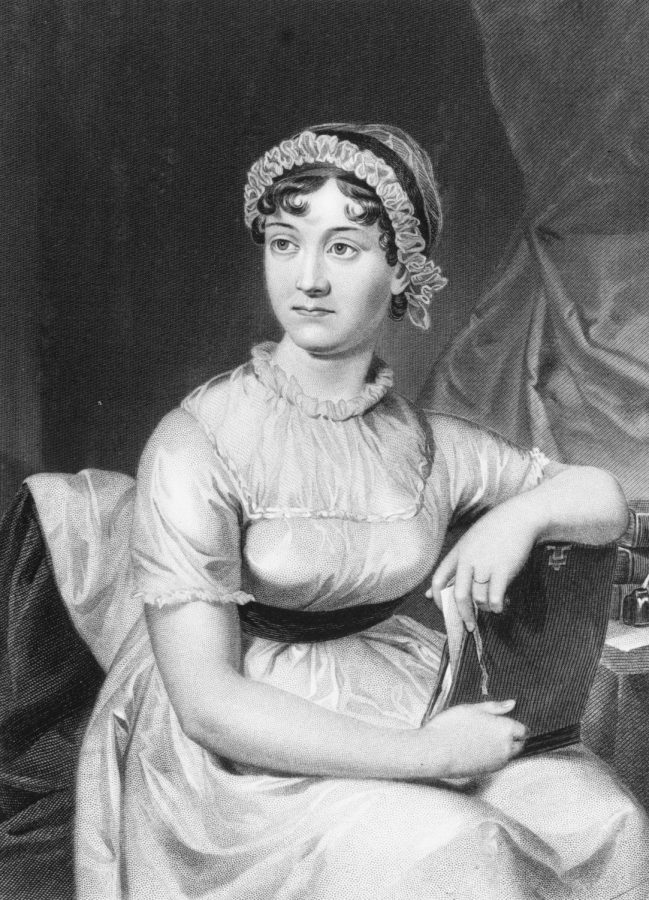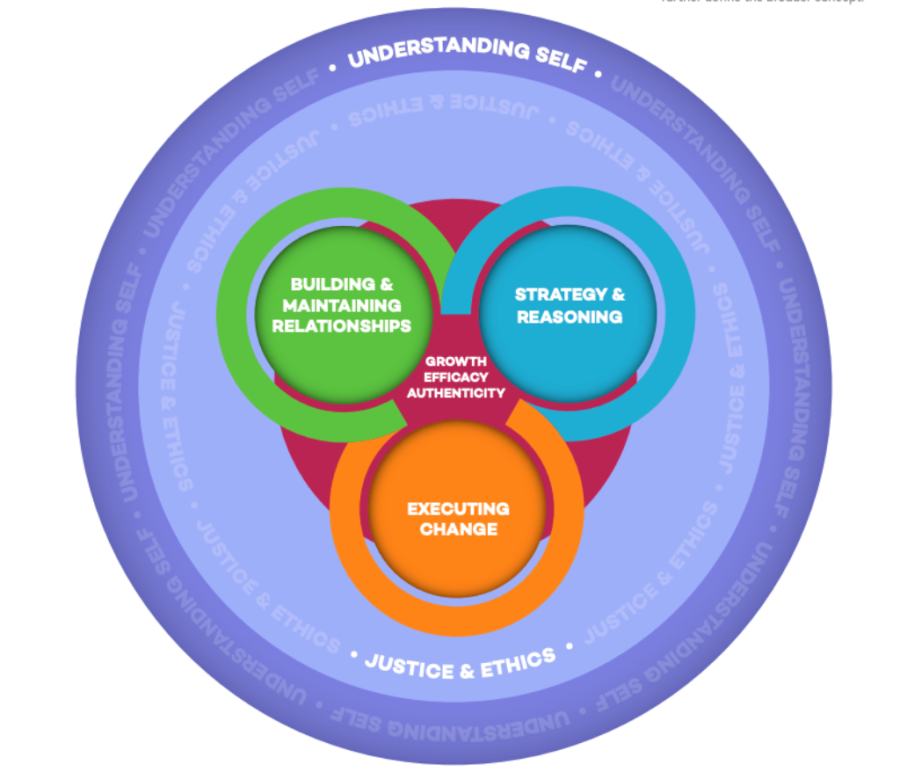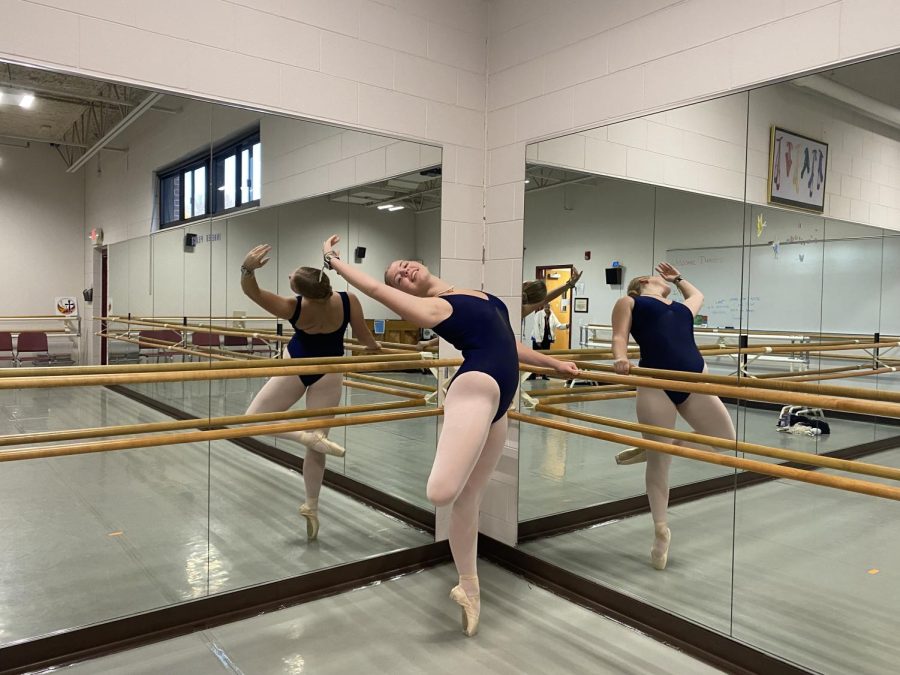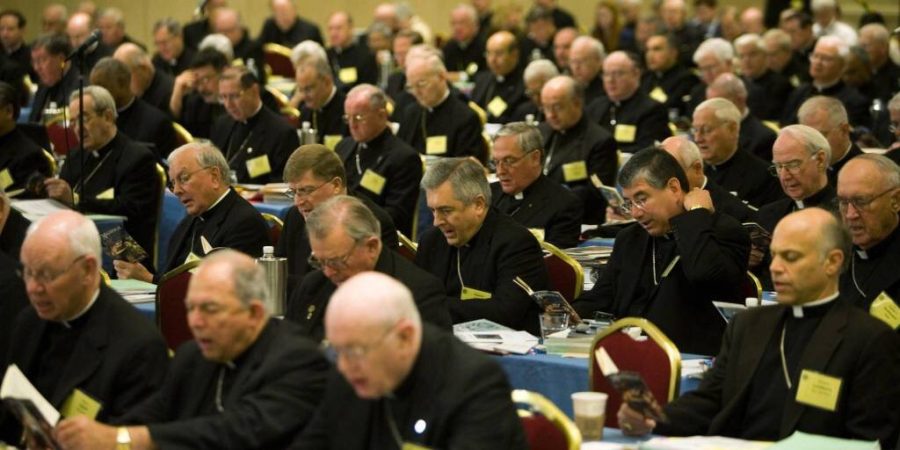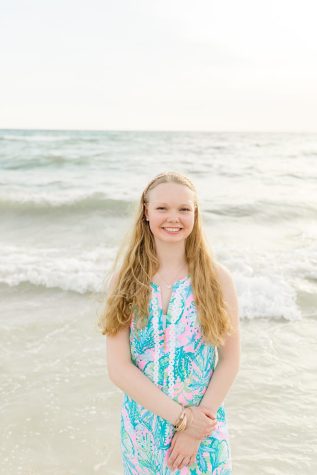The word feminism can carry a heavy connotation and can evoke many different feelings. Being a feminist means being a follower of feminism and its beliefs. To be exact, the dictionary definition of feminism according to Merriam Webster is, ”The theory of the political, economic, and social equality of the sexes.” Though this definition describes what feminism is, it doesn’t explain who should believe in it and if/why we should believe in feminism.
There’s a TedTalk that Chimamanda Ngozi Adichie gave, and she is considered both a feminist and activist. The TedTalk is titled, “We Should All be Feminists.” There’s also an article/short story that she published as well. It’s an adaptation of what her TedTalk is, and it’s titled the same thing as her TedTalk. I highly urge you to watch her TedTalk and/or read her short story. Her TedTalk is linked below, and her story is available to check-out at a library or purchase at a bookstore.
Adichie has experienced many different forms of feminism in her lifetime, and she gives an outstanding example of what it means to be a feminist, and who can be a feminist. While giving her TedTalk, she was full of energy and descriptive stories that engaged her audience.
So, what exactly does it mean to be a feminist, and who can be a feminist? Truthfully, being a feminist means many different things to many different people, but they typically all share the same beliefs in some way or another. In Adichie’s TedTalk, she shared her belief that being a feminist is believing in feminism.
Sometimes being called a feminist can have a negative meaning, but on the other hand, being called a feminist can make you feel proud. For Adichie, being called a feminist makes her proud. During her childhood, she was called a feminist by her best friend and he didn’t mean it as a compliment. This caused Adichie to have to think about what people mean when they use the term feminist, in fact, she’s still figuring out what exactly it means to be a feminist, but she knew that how her friend felt wasn’t the way she felt about the word feminist.
Adichie had experienced sexist behavior before and talked about how she felt about those experiences. Adichie gives an example of how she was with her friend who was a man, and she tipped a person who was helping her. The man whom she’d tipped yelled across to her friend named Louis and said, “Thank you sir!” Adichie just smiled and thought more about how our society needs to change. The man whom she’d tipped thought that the money had come from her friend solely because he was a man.
Adichie then moves into talking about what exactly it means to be a feminist. Her definition is, “A man or woman who says yes, there’s a problem with gender and we need to fix it.” Adichie also says towards the end of her TedTalk that the biggest feminist she knows is her brother.
To Adichie, being a feminist is recognizing that our society needs changing because our genders aren’t equal. She even describes how men are stereotyped and pressured by society to feel masculine and mask their emotions. Adichie disagrees with this pressure, and she believes in equality for the two sexes. Adichie says, “Gender prescribes how we should be, but not how we are.” She then says, “I’m no longer apologetic because of my femininity because it’s who I am.” She wants everyone to be able to feel this way, and for everyone to be empowered because of who they are, not by changing themselves.
So, being a feminist is believing in feminism, being equal to men, not superior, and it’s having pride for your gender and celebrating other women for who they are. Feminism isn’t tearing each other down, being or wishing that you were superior to men, or not believing in the power of being a woman.
Lastly, the answer to who can be a feminist is everyone! Adichie said, as mentioned earlier, that her brother is the biggest feminist she knows! Absolutely anyone can be a feminist regardless of their gender, and anyone can believe in feminism as much or as little as they want. Adichie believes in the power of feminism, and she believes that it is our duty, as society, to change the fact that women aren’t equal to men. So, I will leave you with these last few words of advice from a quote that Adichie said, “Culture does not make people. People make culture. If it is true that the full humanity of women is not our culture, then we can and must make it our culture.”




